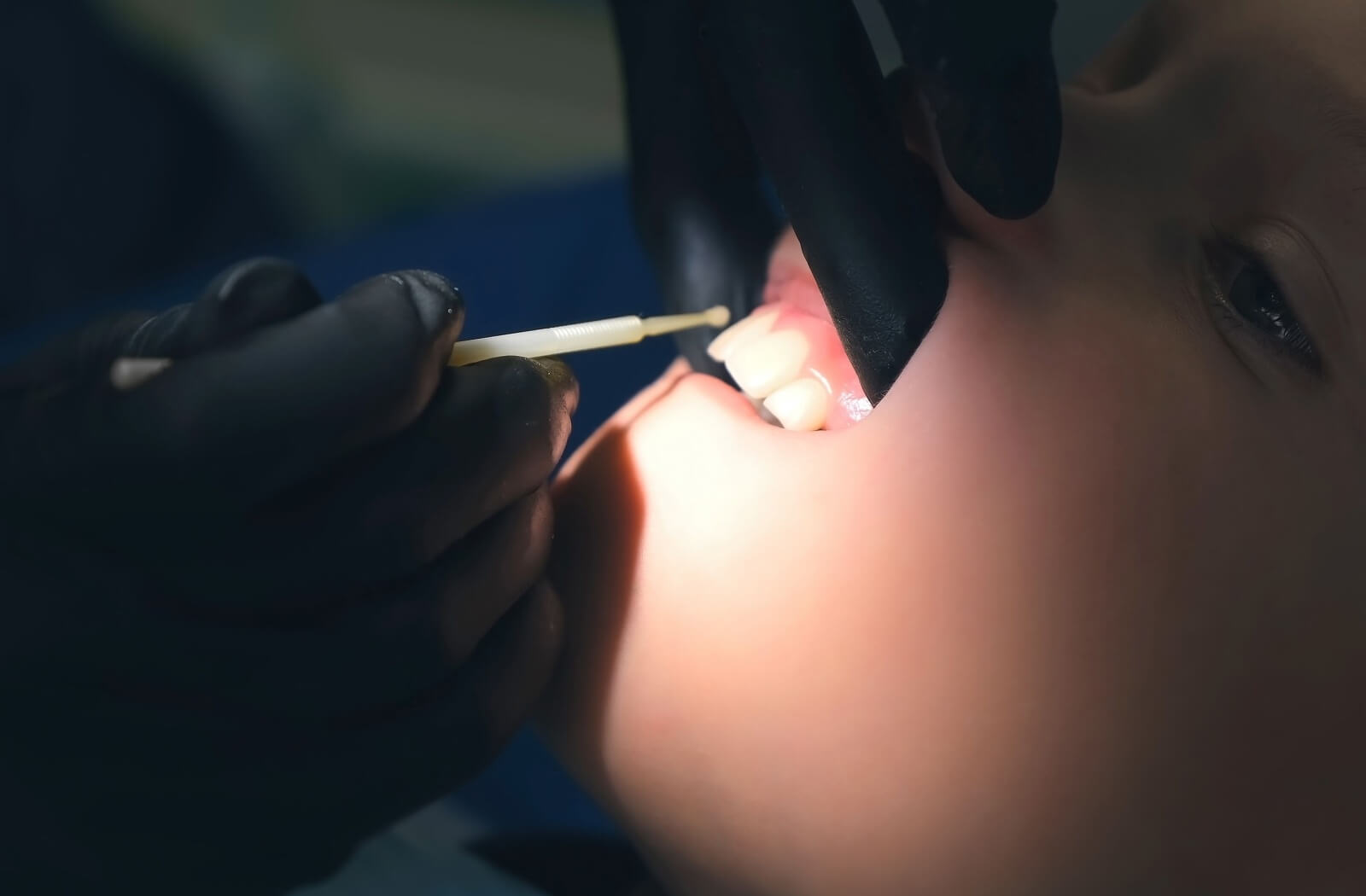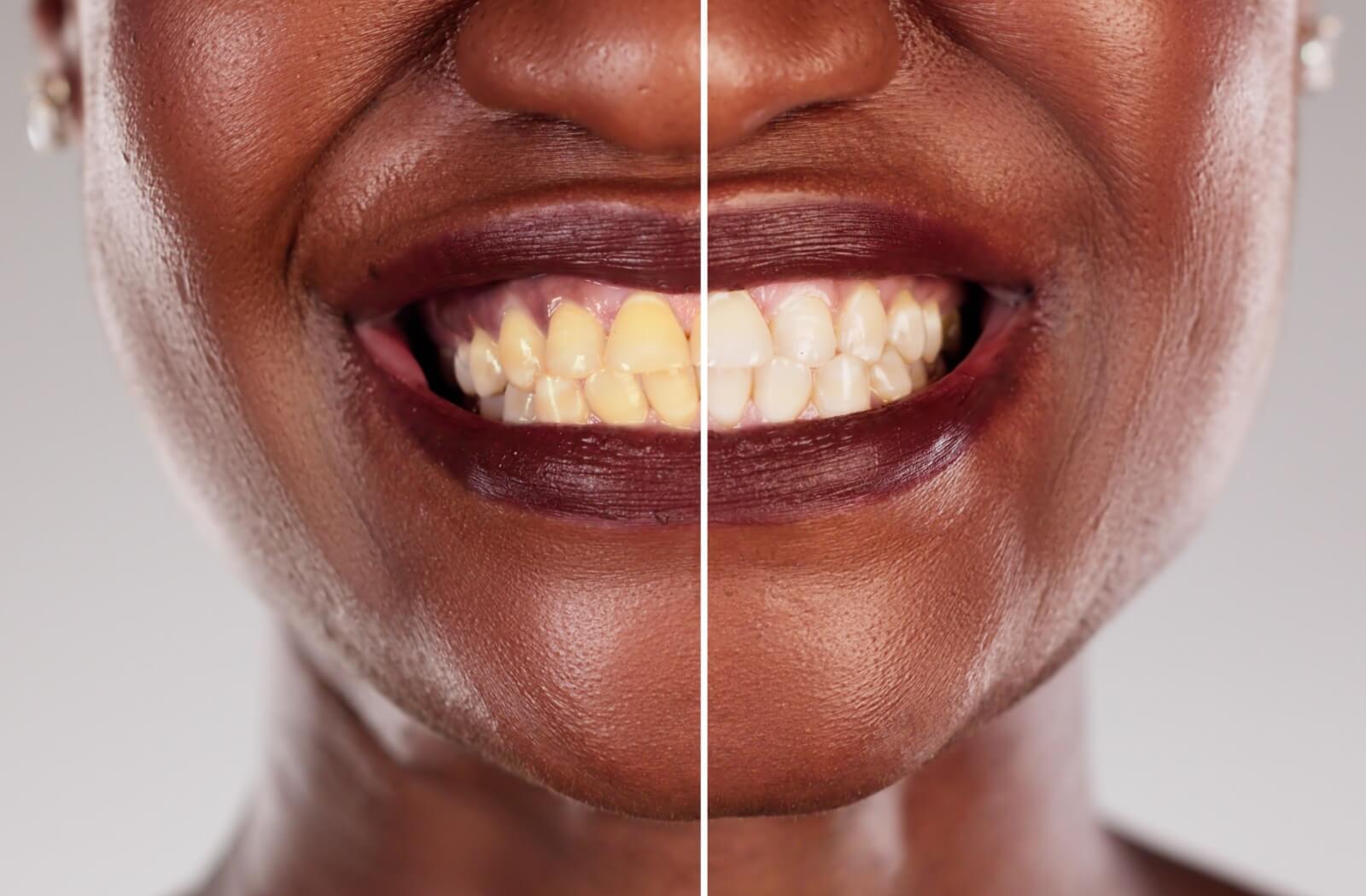
Have you ever wondered if fluoride could be your secret weapon for a whiter smile? While it's not a direct whitening agent, fluoride plays an important supporting role in keeping your teeth healthy and—by extension—looking their best.
Whether you're considering a whitening treatment or looking to enhance your dental routine, understanding fluoride's role is important to maintaining your dental health.
What Makes Fluoride Important?
Fluoride is a bit of a dental superstar. Fluoride is a mineral that's widely used in dental products like toothpaste and mouthwash—and for good reason! Its primary function is to combat cavities and tooth decay, but its benefits extend beyond this purpose.
Fluoride Rebuilds Weakened Enamel
Fluoride aids in the remineralization of tooth enamel by making it more resilient to acid from plaque bacteria and sugars from the foods we consume. This ensures that your teeth remain healthy and less prone to damage.
Fluoride Slows Mineral Loss
One of fluoride's other key benefits is its ability to reduce the loss of essential minerals from tooth enamel. By creating a protective barrier, fluoride helps keep your teeth stronger for a longer period, thereby reducing the risk of decay and prolonging the life of your teeth.
Fluoride Reverses Early Tooth Decay
In its initial stages, tooth decay can often be halted with timely fluoride treatment. This intervention can prevent further deterioration and may spare you from more intensive dental procedures. Early detection and use of fluoride can be an effective proactive measure for maintaining good oral health.
Fluoride Inhibits Harmful Bacteria
Beyond remineralization, fluoride plays an important role in inhibiting the growth of harmful bacteria that contribute to cavities. By creating an environment that is less conducive to bacterial growth, fluoride helps you maintain a healthy balance in your oral microbiome, ultimately reducing the risk of cavities.
What is Fluoride?
Fluoride is a mineral that occurs naturally in the air. It's often added to public water supplies to help reduce cavities. In Canada, fluoride guidelines are set at provincial and federal levels, with municipalities having the final say.
Outside of its use in water, fluoride is a part of several dental treatments, each with its own unique benefits:
- Fluoride Toothpaste: Accessible and effective, fluoride toothpaste is a staple in fighting cavities.
- Fluoride Mouth Rinse: A good choice for those prone to cavities, though not recommended for children under six without professional guidance.
- Fluoride Supplements: Tablets or drops can be prescribed if your fluoride intake is low.
- Fluoride Gel & Foam: Applied by professionals, these products bolster enamel strength.
- Fluoride Varnish: Painted on your teeth by dental professionals as part of the teeth whitening process.

What Causes Yellow Teeth
Tooth discolouration is common and can occur for various reasons, from dietary habits to aging. Some of the primary causes include:
- Lifestyle Choices: Foods and drinks like coffee, tea, and alcohol can stain teeth over time. Tobacco use is another major factor in yellowing.
- Medical Factors: Certain diseases and treatments, such as chemotherapy, can affect tooth colour. Medications, including some antihistamines, might have similar effects.
- Oral Hygiene Practices: Neglecting regular brushing and flossing can lead to plaque build-up and discolouration.
- Natural Aging: With age, enamel wears down, revealing the yellowish dentin beneath.
How to Prevent Discolouration
Maintaining a bright smile involves consistent care and a few preventative measures:
- Daily Care: Brush and floss regularly to remove plaque and minimize staining.
- Avoid Tobacco: Quitting smoking or chewing tobacco can prevent further discolouration.
- Drink Smart: Use a straw to keep staining liquids away from your teeth.
- Rinse Regularly: Rinse with water after meals and drinks to wash away potential stains.
- Regular Dental Visits: Professional cleanings help remove stubborn plaque and tartar.
Whitening Your Teeth
If you're facing persistent discolouration, several whitening options can help restore your smile's brightness:
- At-Home Whitening Kits: Convenient and effective, these kits come with custom trays and whitening gel. Results typically appear within a few weeks.
- In-Office Whitening: Faster results often achieved in a single session. This method involves applying a strong whitening agent activated by special lights.
At Cool Dental, we’re pleased to offer both solutions, depending on your unique dental needs.
Use Fluoride For Optimal Dental Health
Fluoride may not directly whiten your teeth, but it's pivotal in maintaining their health and appearance. By fortifying enamel and preventing decay, fluoride lays the groundwork for a brighter smile. For those looking to take things a step further, Cool Dental also provides expert-led cosmetic services.
Find that white smile you’ve been looking for by booking an appointment today.